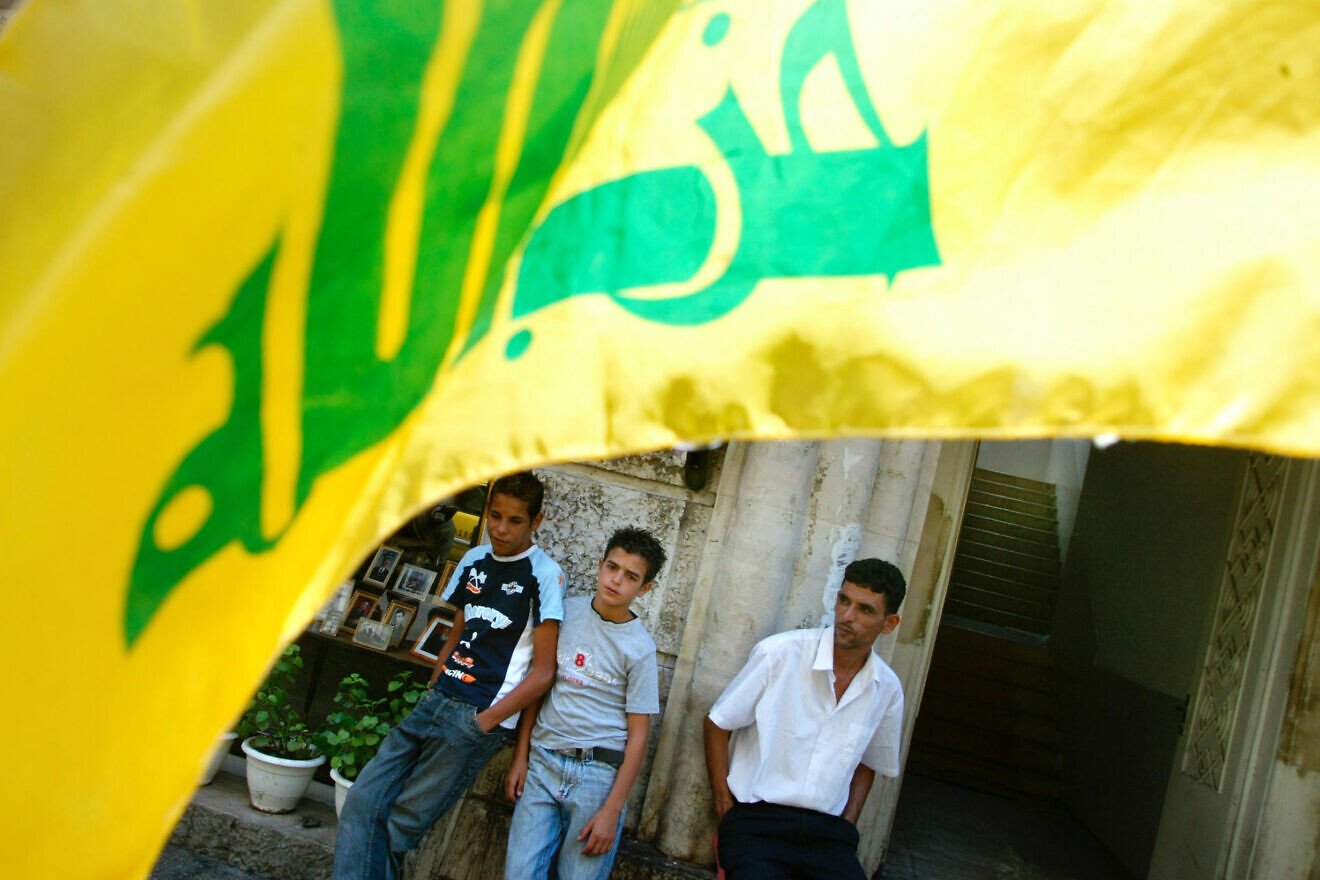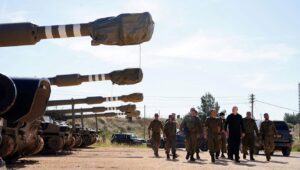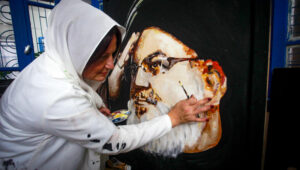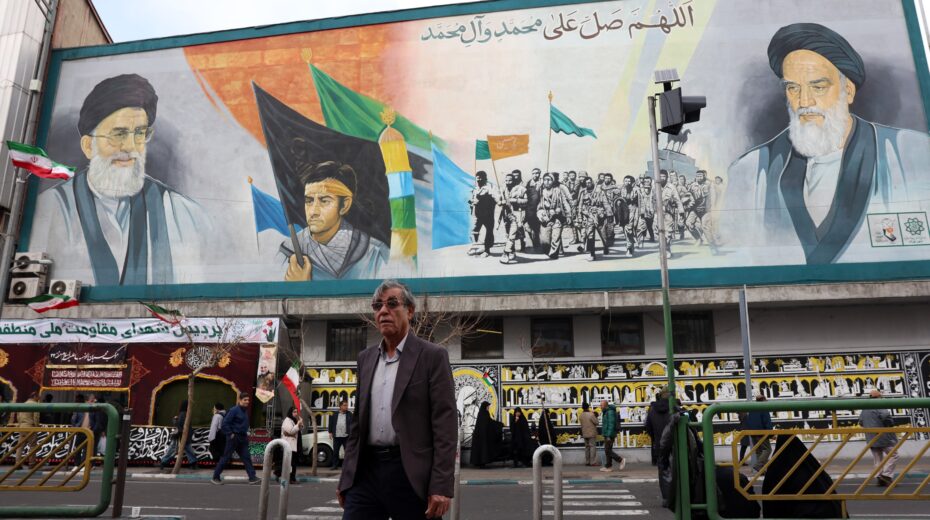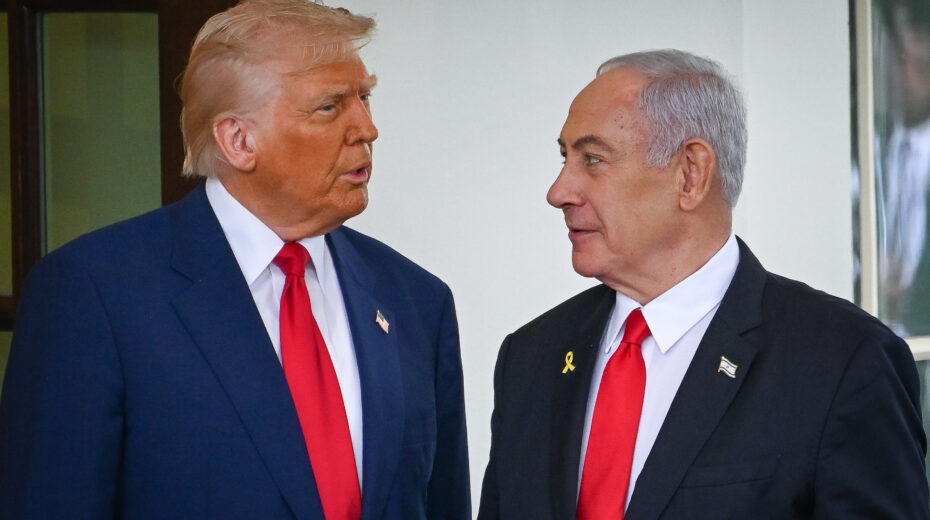It’s the kind of thing you’d expect to read in the defunct ISIS publication Dabiq. A manipulative grief-washing narrative meant to elicit sympathy for those who only wanted to kill infidels.
In a more-than-2,000-word feature published this week, the Associated Press profiled Mahdi Sheri, a 23-year-old Hezbollah operative wounded in a targeted Israeli operation last September. His crime? Being part of a terrorist group that had been launching rockets into Israeli cities “almost daily for nearly a year.”
But if you read the AP’s coverage, you’d think Sheri was a random civilian caught in an inexplicable tragedy.
“He can no longer play football,” the AP lamented.
“His bed was covered in blood.”
“He had a prosthetic eye installed.”
Nowhere—not once—does the article mention that Hezbollah is designated as a terrorist organization by the United States government, that its raison d’être is the annihilation of the Jewish state, or that the group’s daily rocket fire targeted Israeli civilians.
Instead, we get soft-focus storytelling about a man whose only stated misfortune was responding to a pager. The article quotes “rights groups” alleging that Israel’s action was “indiscriminate,” but fails to apply that same label to Hezbollah’s sustained rocket attacks on northern Israel. The word “terror” never appears. Not once.
It gets worse. We’re told Hezbollah is helping Sheri “find a new job” and that his dreams of joining his fellow fighters are now dashed. That’s the framing: lost potential—not thwarted terror.
Meanwhile, the Israeli operation that disabled him is painted as some cold, impersonal tech stunt: “Israel boasts of it as a show of its technological and intelligence prowess,” the AP wrote. “Netanyahu recently presented US President Donald Trump with a golden pager as a gift.”
Missing from the story is any moral clarity about who started this fight, who targets civilians, or why a sovereign nation might want to stop a group that fires Iranian-supplied missiles at its citizens every day. The AP also ignores entirely the voices of numerous experts hailing the Israeli operation as one of history’s most successful military operations in terms of minimizing collateral damage.
1) Historic & unprecedented. I cannot find a similar intelligence/military operation with such secrecy, lethality, ingenuity, audacity, impact. While there have been other major intelligence operations in war (breaking Enigma, various spies inside governments) or surprise attacks…
— John Spencer (@SpencerGuard) September 18, 2024
Hezbollah “acknowledged that most of those wounded and killed were its fighters,” the AP admits—but offers no exploration of why a designated terror group has hospitals, social networks, and rocket arsenals all under the same roof. Nor does it investigate why terrorists bring their families into war zones and then cry foul when war finds them.
The piece is part of a growing genre: the “Tragic Terrorist Survivor” profile. It gives oxygen to propaganda. It humanizes war criminals while sanitizing the crimes themselves. It shifts the moral burden from the attackers to the defenders.
Let’s be clear: Mahdi Sheri was not a bystander. He was a Hezbollah terrorist—part of a group responsible for decades of bloodshed, bombings, and civilian deaths from Buenos Aires to Haifa. His disability is the direct result of a war Hezbollah started and continues to perpetrate.
So no, we’re not crying. We’re not hand-wringing. And we’re not apologizing.
We’ll save our sympathy for the innocent—not for the terrorists who target them.
Want more news from Israel?
Click Here to sign up for our FREE daily email updates


